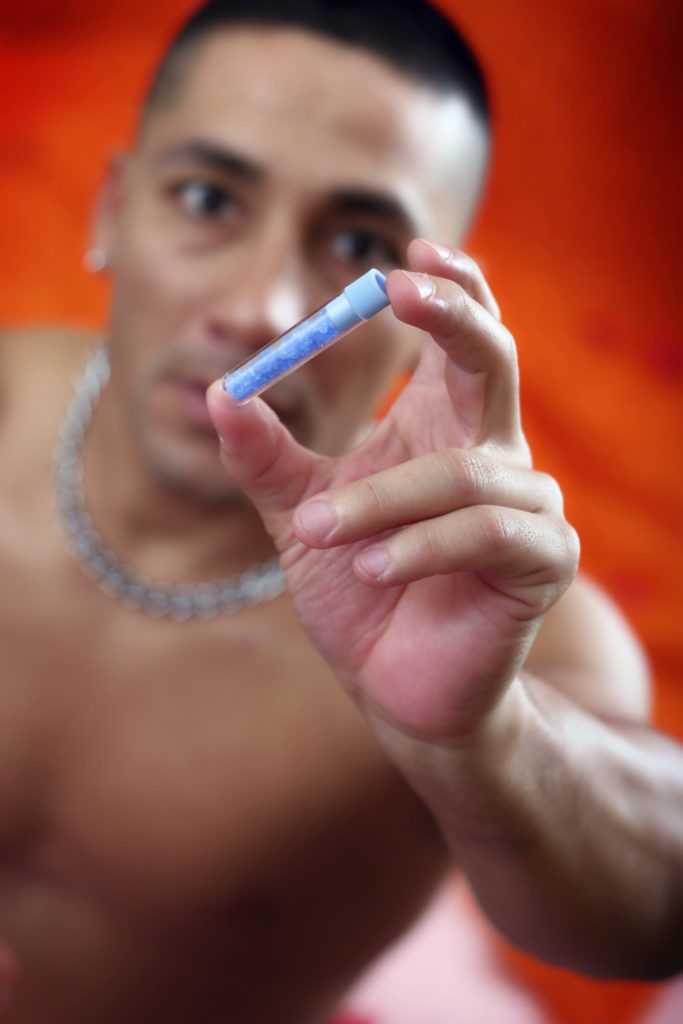Research has repeatedly found that rates of substance abuse and addiction are higher among the LGBT community than in the general population. These individuals are free to seek a variety of types of treatment for substance abuse, but one such option is treatment designed specifically for lesbian, gay, bisexual and transgendered people. This can be a particularly effective option for many people in this community and can help them to avoid some of the pitfalls that can derail LGBT people during recovery.
Homophobia, Self-Questioning Increase Risk of Substance Abuse
The relationship between the LGBT community and substance abuse has been recognized for many years, and it was even once believed that homosexuality was a direct chemical cause of alcoholism. However, we now recognize that the stigmatization and struggle for identity that many LGBT people face, as well as the many challenges associated with these realities, are the true culprits behind the prevalence of substance abuse in this community. The struggle that is often involved in discovering and accepting sexual and gender identities, as well as the often even more difficult struggle for acceptance from family, friends and the larger community, has led to high rates of anxiety, depression, self-esteem issues and even emotional trauma among LGBT people. As a result, some of these individuals self-medicate with alcohol or drugs in order to cope with these and other problems.
Heterosexism, Hetero-normativity May Crop Up in Treatment
The majority of professionals involved in treating substance abuse and addiction are accepting and welcoming of all different kinds of people. Unfortunately, heterosexism does still exist among some of these professionals. Some may have antagonistic attitudes toward LGBT people or mistakenly believe that their LGBT clients need to change themselves or their lifestyles in order to overcome substance abuse. While the odds of encountering overt or subtle heterosexism during treatment may be small, LGBT-specific treatment services or locations are one way to guarantee that it will not be a factor. While overt stigmatization or discrimination may be relatively uncommon in professional treatment environments, ignorance about LGBT issues and the assumption of hetero-normativity is almost impossible to avoid. While these transgressions may be unintentional and without malice, the cumulative effects of living in a world that assumes heterosexuality is normal and often fails to recognize the existence of transgender individuals contributes to the development of substance use disorders among many LGBT people. Encountering these transgressions in a treatment environment as well can make it extremely difficult for those in this community to stay on the road to successful recovery.
LGBT-Specific Services Address Roots of Substance Abuse
Substance abuse recovery is an extremely vulnerable time for many people, and LGBT-specific services can provide additional comfort and safety during this process. However, freedom from heterosexism is not the only advantage of seeking substance abuse services designed for the LGBT population. These services can also provide an advanced understanding of the factors that contribute to substance use disorders in LBGT people and can help them begin the process of overcoming these factors. LGBT-specific services provide an awareness of how cultural oppression can become internalized and lead to negative self-attitudes and anger. Professionals in this field recognize that what clients in the LGBT population need is to learn healthy ways to cope with cultural victimization rather than to change any fundamental aspect of themselves. For LGBT people for whom substance abuse has become a dangerous tool for navigating a sometimes hostile world, treatment designed just for them can help them to come through recovery healthier than they have ever been.






